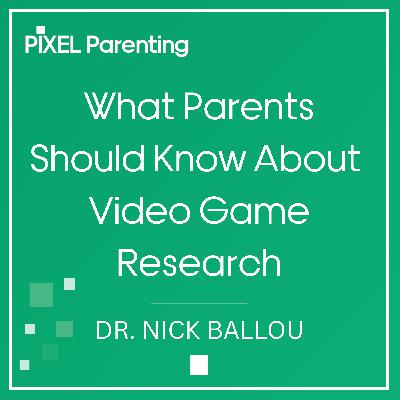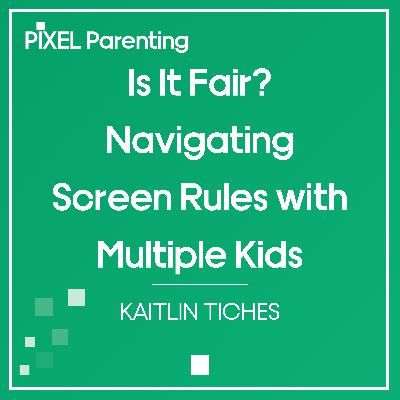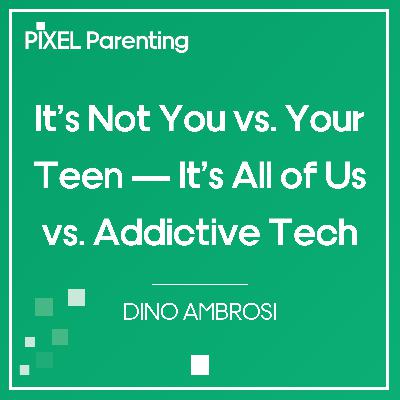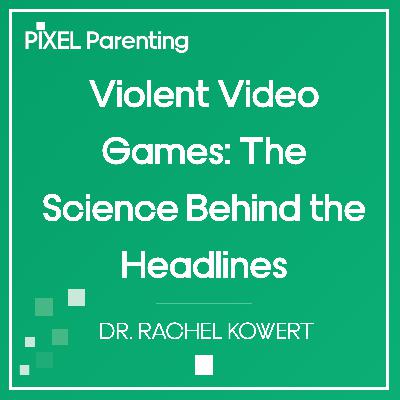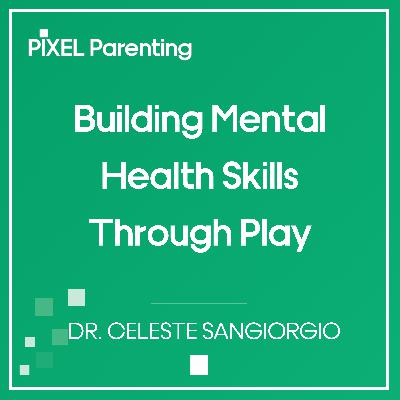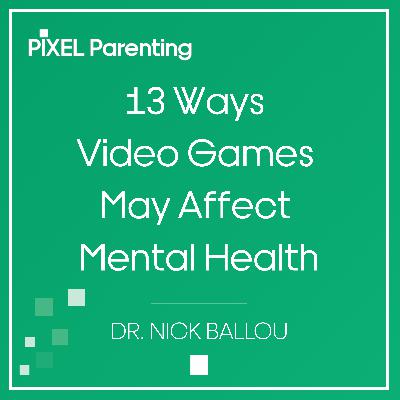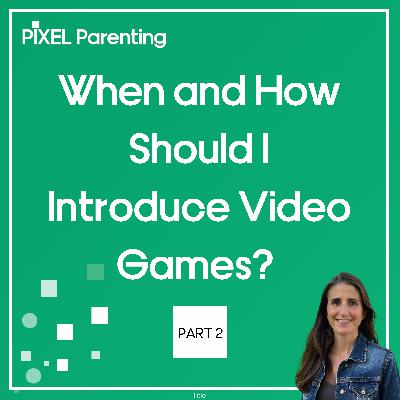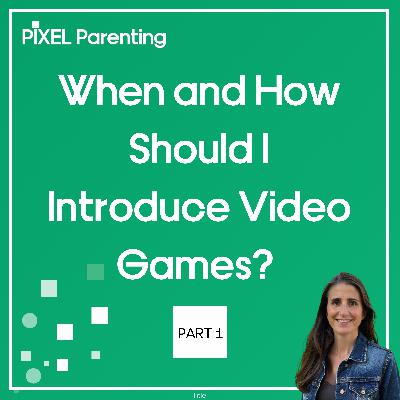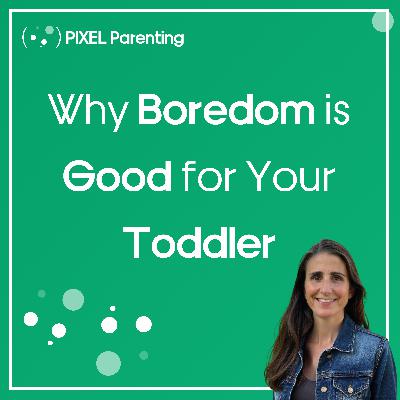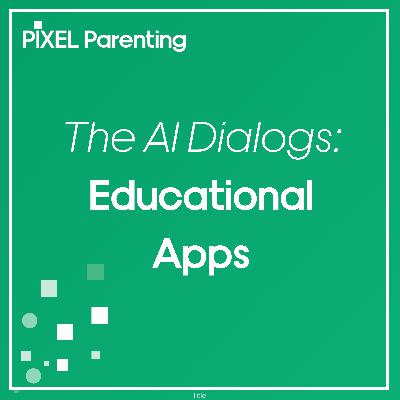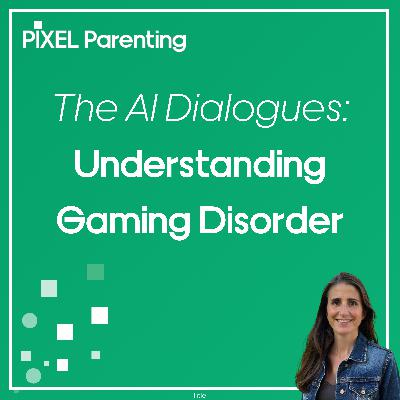What Parents Should Know About Video Game Research | Dr. Nick Ballou
Description
In this first part of a two-part series, I sit down with Dr. Nick Ballou, a postdoctoral researcher at the Oxford Internet Institute, to pull back the curtain on how video game research is actually done.
You’ve seen the headlines—video games are either harming or helping our kids—but what’s the truth behind those claims? Dr. Ballou explains the difference between self-reported survey data and behavioral data, what it takes to collaborate with the gaming industry, and why understanding the how behind the science is crucial for parents.
We also explore surprising findings—like how gaming time isn’t the best predictor of well-being—and why curiosity and conversation are the most powerful tools parents have.
Show Notes:
Guest: Dr. Nick Ballou, Postdoctoral Researcher, Oxford Internet Institute
Episode Length: ~25 min
Topics Covered:
How video game research is typically conducted
The limitations of survey-based studies
What behavioral data offers—and why it’s hard to get
Collaborating with gaming companies like Nintendo and Xbox
Why screen time alone doesn’t tell the full story
The power of media literacy and engaged parenting
Key Takeaways:
Behavioral data gives a more nuanced and trustworthy view of gaming impacts than surveys alone.
Time spent gaming doesn’t predict well-being—context and quality of play matter more.
Kids thrive when parents stay curious, ask questions, and understand why and what they’re playing.
Much of the research we see in headlines oversimplifies complex realities.
Links & Resources:
Want to Contribute to the Research?: Register your interest here
Stay Connected:
Subscribe to Pixel Parenting on your favorite podcast app
Follow us on Instagram @pixelparenting
Share this episode with a friend or parenting group
Next Episode Teaser:
In Part 2, Dr. Ballou walks us through 13 ways video games may impact mental health—some helpful, some harmful, and all more complex than a headline.

